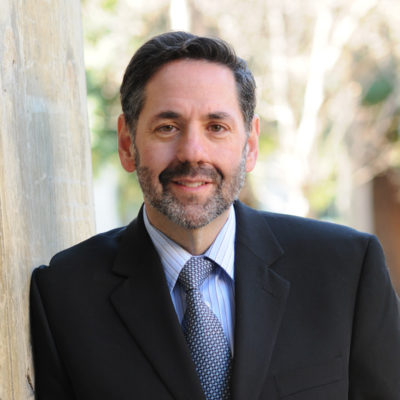Exonerated, Not Free Of Past, Ford Heights Four Were Released From Prison In 1996, But Struggles Didn’t End
Summary
Professor Lawrence Marshall comments on the effects of large settlements on the lifestyles of the wrongfully convicted for The Chicago Tribune.
On a recent morning, Willie Raines clomped around his nearly 12 acres in northwest Indiana, a cigarette in one hand, a tumbler of his favorite Don Pedro brandy in the other, looking every bit a gentleman rancher. Scattered across his property and packed into assorted outbuildings are cars, motorcycles, bicycles, even a black Cadillac limousine — the products of a seemingly never-ending spending spree Raines has supported with his share of a $36 million legal settlement from one of Cook County’s most notorious wrongful convictions.
Not far from Raines’ ranch, Verneal Jimerson sits at the dining room table of his brother’s tidy south suburban home, explaining how medical bills, mortgages, cars and even drugs have left him almost destitute. At one time his share of that same legal settlement provided him $8,000 a month, but now he said he struggles to get by on about $700 a month in government disability payments.
…
Lawrence Marshall, one of Raines’ attorneys who went on to help found the wrongful convictions center, said that he takes particular pride in persuading Raines to put his share of the settlement into an annuity and a trust. Now, 15 years later, Raines said he still receives direct deposits of thousands of dollars each month.
”The norm is to say, ‘Hey, I’ve won the lottery and I’m responsible and I can be trusted with all this money,’” said Marshall, now a professor at Stanford University Law School. “But they’re not prepared for it. People come out of the woodwork trying to take advantage of you.”

